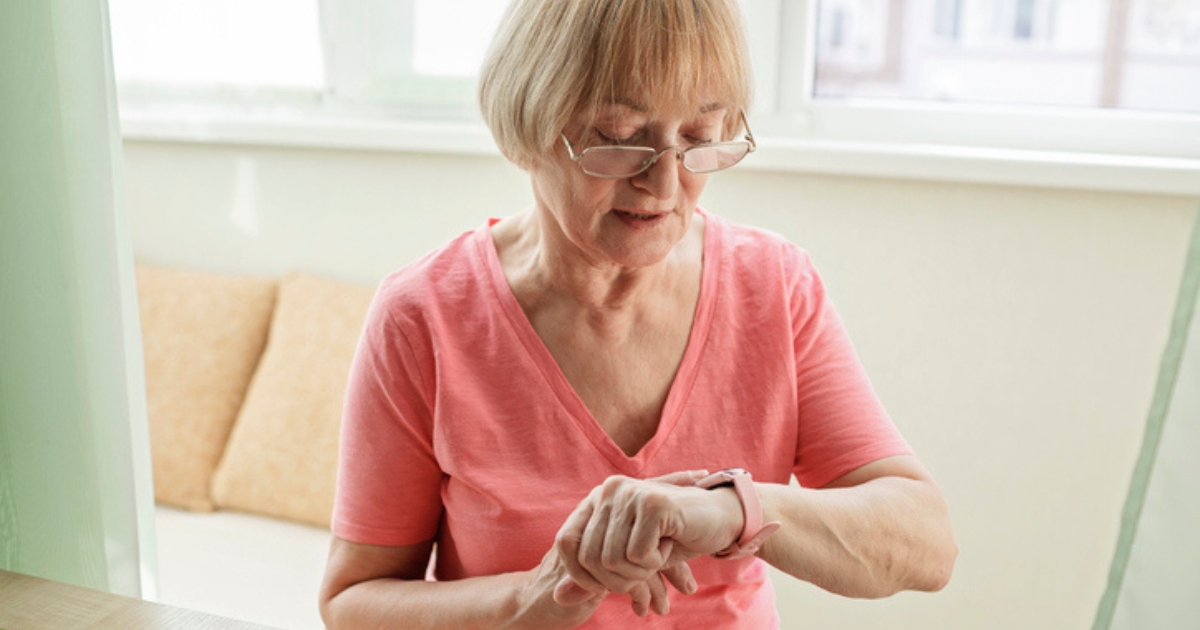
Heart disease and chronic obstructive pulmonary disease (COPD) rank among the leading causes of death and disability worldwide. With millions of people living with these conditions, there is an ongoing quest for more effective, accessible, and patient-centered treatment methods.
In years past, managing these diseases often involved regular hospital visits, which were not only inconvenient for patients but also put significant strain on healthcare systems. Today, however, we are witnessing a paradigm shift in the management of these chronic conditions, thanks to advancements in home care treatments.
Traditional Methods of Treating Cardiac Diseases and COPD
Traditionally, cardiac diseases have been treated using a combination of lifestyle modifications, medication, and, in more serious cases, surgical intervention. Lifestyle changes usually include healthy eating, regular exercise, smoking cessation, and limiting alcohol consumption.
Medication, on the other hand, is used to manage symptoms, prevent clots, lower blood pressure, and reduce cholesterol. Surgical interventions can range from minimally invasive procedures like angioplasty to major surgeries such as bypass surgery or heart transplants.
For COPD, bronchodilators are often the first line of treatment, helping to relax the muscles around the airways, making breathing easier. Inhaled steroids are also used to reduce inflammation, while antibiotics may be prescribed for any underlying infections.

For severe cases, oxygen therapy or surgery may be necessary. Additionally, pulmonary rehabilitation, including exercise training and nutritional advice, is crucial to help patients maintain their quality of life.
However, these traditional methods have certain limitations. They often require frequent visits to healthcare facilities for check-ups and treatments, which can be inconvenient, especially for those with mobility issues.
Hospital stays for surgeries and severe flare-ups can be stressful, expensive, and may put patients at risk of hospital-acquired infections. Medication management can be challenging, especially for the elderly who may have multiple prescriptions.
Moreover, these methods are largely reactive, responding to problems after they have occurred rather than predicting and preventing them. This approach can lead to a cycle of symptom flare-ups, hospitalization, temporary relief, and then recurrence.
Why Choose Home Care Treatments
The shift towards home care treatments is a significant evolution in healthcare, particularly for chronic conditions like cardiac diseases and COPD. Here are a few benefits of home care treatments.
Improving Quality of Life
Home care services allow patients to manage their conditions in the comfort and familiarity of their own homes. This reduces the need for frequent hospital visits or long hospital stays, which can be both stressful and disruptive to normal life.
Reducing Healthcare Costs
By leveraging technology for monitoring and treatment, it's possible to reduce expensive hospital stays, emergency room visits, and the overhead costs associated with in-person consultations. Patients can save on transportation costs to and from healthcare facilities, while healthcare providers can treat more patients effectively and efficiently.
Providing Personalized Care
Home care treatments often involve telehealth and remote monitoring technologies, which can collect data on a patient's health in real-time. This allows a home health team to provide personalized, timely care based on the patient's current health status, rather than relying solely on intermittent check-ups. It also gives patients a more active role in managing their health, contributing to better treatment adherence and outcomes.
Preventing Hospital-Acquired Infections
By managing their conditions at home, patients can also avoid the risk of hospital-acquired infections, a significant concern for individuals with compromised immunity, like those with cardiac diseases and COPD.
Improving Access to Care
For individuals living in remote areas, those with mobility issues, or patients without easy access to healthcare facilities, home care treatments can be a game changer. Through telehealth consultations, remote monitoring, and home-delivered therapies, these patients can receive the care they need without the challenges of travel.

Advancements in Home Care Treatments
Advancements in chronic disease management are transforming the patient experience, making treatments more accessible, effective, and less intrusive.
Shared Advancements
- Telemedicine: Telemedicine has made it possible for patients to consult with their healthcare providers from home, eliminating the need for physical visits. Regular check-ups, discussions about symptoms, and even certain diagnostic tests can be conducted remotely. These virtual visits can be particularly useful for routine follow-ups and minor concerns, as well as pulmonary rehabilitation for COPD treatment.
- Wearable Technology: Wearable devices like smartwatches and fitness trackers are playing an increasingly important role in cardiac and COPD care. These devices can monitor heart rate, activity and oxygen levels, and other vital signs in real time, providing valuable data to both patients and healthcare providers. Some advanced wearables can even detect arrhythmias and other abnormal heart patterns, potentially warning users of serious conditions like atrial fibrillation.
- AI and Machine Learning: Artificial Intelligence (AI) and machine learning are also being harnessed to improve cardiac and COPD home care. These technologies can analyze large amounts of health data collected from wearables, ECG monitors, and other devices to identify patterns and predict potential health concerns before they become critical. For instance, AI can predict potential COPD flare-ups based on changes in vitals, allowing for preventative measures to be taken.
- Mobile Apps: Numerous mobile apps have been developed for cardiac and COPD patients, offering services such as medication reminders, educational resources, symptom tracking, breathing exercises, and stress management techniques. Some even connect to wearables or smart inhalers to provide a comprehensive overview of the patient's health.
- Virtual Reality (VR) Therapies: VR can simulate real-life scenarios to help patients with cardiac diseases and COPD cope with stress and anxiety, promote relaxation, and even conduct virtual physical therapy or rehabilitation.
- Health Chatbots: AI-powered chatbots can provide 24/7 support to patients, answering their questions, reminding them to take medications, scheduling doctor's appointments, and even providing emotional support.
Cardiac Home Care Advancements
- Home-Based Cardiac Rehabilitation Programs: Traditionally, cardiac rehabilitation after events like a heart attack or surgery involves structured exercise and patient education at a healthcare facility. However, home-based rehabilitation programs have been developed, leveraging virtual technology to guide patients through recovery exercises and providing education on heart-healthy living. This can be a convenient alternative for patients who have difficulty leaving their homes.
- Portable Echocardiography Devices: These are smaller, portable versions of the traditional echocardiography machines that can be used at home to monitor heart function.
COPD Home Care Advancements
- Smart Inhalers: The development of smart inhalers represents a significant step forward in COPD home care. These devices track the use of medication, reminding patients when it's time for their next dose, and providing feedback on their inhaler technique. This can improve medication adherence and ensure that the medication is as effective as possible.
- Air Quality Monitors: For COPD patients, air quality can have a significant impact on their symptoms. Home air quality monitors can track levels of dust, pollen, and other irritants, helping patients maintain an environment that minimizes symptom flare-ups.

Embracing the Future of Home Care
In the ever-evolving landscape of healthcare, the goal remains clear and unchanging: to provide the best possible care for patients, particularly those grappling with heart disease and COPD, as well as other chronic diseases. The exciting advancements in home care technology are not only transforming the way we manage these conditions but are also fostering a higher degree of autonomy and dignity for patients.
At Keystone, we're committed to embracing these changes to deliver exceptional care to our patients in the Treasure Valley. Leveraging cutting-edge technology and a compassionate, patient-centric approach, we're here to support you or your loved ones every step of the way. Connect with us today and let's explore how we can make the journey towards better health together.
